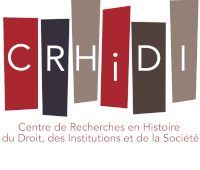(image: Cardinal Fleury portrayed by Hyacinthe Rigaud (1728, fragment); source:
Wikimedia Commons)
As the moments of relative calm are scarce, I hope the reader of the present blog can forgive me for adding a small transcription "vieux style" (à la main) to the existing small stock. This short letter (ff. 18r°-19v°) is written in Paris and dated (Friday) 16 May 1738 N.S. George II's ambassador extraordinary and minister plenipotentiary, James 1st Earl of Waldegrave, descibes the situation at court. Britain had earlier spent the War of the Polish Succession (1733-1735/1738) as a neutral power, whereas France had allied itself with Spain and Savoy-Sardinia against the House of Austria and most of the German princes. Waldegrave is one of the most prominent British diplomats of the age: he spent two years at Charles VI's court in Vienna (1728-1730) before moving for a ten year-period to Paris, where the British ambassador could at times be seen as a "secretary of state in residence".
Britain (and the Dutch Republic) failed to insert themselves as mediators in the negotiations that pacified the conflict (cf. abdication of Francis Stephen (husband of Archduchess Maria Theresia) as Duke of Lorraine, replacement by Stanislas Leczszynski, Louis XV's father-in-law, in return for this renunciation to the throne of Poland; recognition of Augustus the Strong's son as King of Poland, and of Francis Stephen as Grand Duke of Tuscany; recognition of Charles of Spain as King of Naples and Sicily). France recognised Emperor Charles VI's "Pragmatic Sanction", or constitutional settlement allowing his daughters to succeed him in the Habsburg hereditary lands, bypassing the daughters of his elder brother, the late Emperor Joseph I.

Fleury's secrétaire d'Etat des Affaires Étrangères, Germain-Louis Chauvelin, who had pleaded for war in the German Space, had resigned in 1737. The Cardinal himself had always cultivated a cordial relationship with Britain. Consequently, Waldegrave hoped to renew the Franco-British treaty of alliance which James Stanhope and Guillaume Dubois had initiated late in 1716. Britain and France continued to be rivals on the imperial or global stage, but had managed their mutual rivalries on the ground overseas after the Peace of Utrecht (cf. John Shovlin's recent study on the matter, or my micro-study on French merchants' complaints in the Mediterranean). In Waldegrave's letter, neither the Prime Minister, nor the ministers competent for the French maritime empire (incl. colonies) and Foreign Affairs seemed to have time for him.
Waldegrave's mission was of course further complicated by Old Regime court politics, masterfully described by Peter Campbell in his work on Fleury. The cardinal, born in 1653, was already well over eighty. The question of longevity and physical ability logically arises. Managing the ship of state in a frenzied court is never evident. As Louis XV (born in 1710), who confided in and trusted the Cardinal (his erstwhile preceptor) grew older, it was to be supposed that martial vigour and personal ambition would inspire the Cardinal's rivals to hijack his moderate and prudent modus operandi (descibed for instance in my article on the Congress of Soissons, which can be read in open access here).
The letter below is a beaufitul example of the itinerant nature of the French court, well after the completion of Versailles in the 1680s. Louis XV's geography of curial power extends to Rambouillet (where he attends the Countess of Toulouse, see below; used by several French presidents to receive hosts) and Compiègne (cf. July (f. 18v°), the later residence of Napoleon III, in the vincinity of Soissons) or Fontainebleau (where Louis XIV equally spent time in Summer). Information is never sure, and hints of division, or of a weakening position of the Cardinal-Prime Minister, are of course prominent (e.g. f. 18v°: it is said that Louis XV imposed his will on the Cardinal: the court will go to Rambouillet).
Rambouillet is immediately tied (ibid.) to the Count of Toulouse, Louis XIV's natural son with Madame de Montespan. Toulouse, amiral de France (and thus a very wealthy man) died on 31 December 1737 in this castle. His widow, the nearly 50 year-old Marie Victoire de Noailles, belongs to the (prominent) Noailles family, which is loathed by Waldegrave's source, 'who knows the interiour of the Court'. Waldegrave implicitly suggests that his source uses Fleury as a strawman to highlight the pernicious nature of the Noailles family.
(image: Marie Victoire de Noailles, comtesse de Toulouse, d'après Coypel; source: Pop (Ministère de la Culture)
After describing court gossip, Waldegrave turns to another aspect of palatial geography: Louis XV had just been to Marly, which Louis XIV had created to isolate himself even further with selected company than in the Grand Trianon. Waldegrave remarks that Foreign Minsiters do not see the King (f. 19r°). On return from marly, Louis XIV's great-grandson took care to receive Waldegrave exceeding civilly, taking quite some time for conversation with his Brittanick (and Hanoverian) Majesty. He states that the King (who had slimmed down and spoke with a stronger voice) was far from being likely to die soon of a consumption.
56 years separated the King from his former teacher. Fleury, as Waldegrave testified, suffered 'a small fainting fit', transformed into a decisvely life-threatening event by capital gossip. When the ambassador showed up at the Cardinal's lodgings to verify this... 'he seemed as hearty as in my preceding visits.' The next attack would 'carry him off', or... 'perhaps not the hundreth'.
André-Hercule de Fleury would live for another four years and almost nine months, and reach the age of 89.
My Lord
The same reason, that M. de Maurepas [Secrétaire d'État de la Marine]
gives for his not proceeding upon our American
affairs, is given me likewise by M. Amelot [Secrétaire d'État des Affaires Étrangères] for
his having done nothing in consequence of our
Counter Project for the Deffensive Alliance. I fancy
by what I just hear, of His Most Christian
Majesty's going next Sunday [18 May] to Rambouillet for
three days [21 May], That the Cardinal will come then to
Issy, and that I shall have a Conference there
with him and M. Amelot on this subject. When
I asked the Cardinal last Tuesday [12 May], if he had yet
considered our Counter Project, he said he had
not had time, that he was hurried by every body to
death, but he hoped in the following week to have
two or three days to himself, and then he would
work upon it. He neither said where, nor how
which I took notice of at the time, and attributed
[v°]
his indecision to the State he was in; but I am
now told, that this journey to Rambouillet (which
is to be followed by three or four more before that
to Compiegne, where the French king removes the
Beginning of July) hurts the Cardinal, and has been
strenuously opposed by him. It is however carried
against him, or at least he has been brought to
consent to it. The Person I have this from,
knows the interior of the Court, as well as any
Man in France, he hates the Noailles cordially,
and fears that Madame de Toulouse will get
ground on this occasion; for certain it is, that
hitherto the journeys to Rambouillet were
attributed to the French King's personal
Friendship for Count de Toulouse; but from its extending
in so publick a manner to his widow, who is
known to be a very intriguing woman, of an
intriguing family, and as she will undoubtedly
take care to have such company with her as will
make the French King's stay there agreable to
him, it is taken for granted, that she has schemes
[r°]
ready made in favour of her Family, and to
the Cardinal's Prejudice. Endless Conjectures
are drawn from these appearances, which time
alone will make out.
As to other matters here, I do not see
any reason to alter my mind since my last,
excepting in the French King's Person. The
Court having been at Marly, where Foreign
Ministers do not see him, last Tuesday [13 May] was
the first time I had an opportunity of paying
my Court to His Most Christian Majesty since
my arrival here; He received me exceeding
civilly, and talked to me a good deal. It is
true he is pretty much taken away; but really had
I not expected it, and had I not known him
fatter some time ago, I should not have taken
much notice of his leanness; for his complexion
was clearer, his Eyes more lively, and his Voice
much stronger, than I have observed this great
while. In fine, in my opinion, bhe is far from being
likely to die soon of a consumption, as the generality
[v°]
here will have it.
The Cardinal hd a small fainting fit
on Monday Morning [12 May], which occasioned a Report
in Paris, that he was dying; but I was at his
lodgings the next Morning [13 May] by half an hour
after eight, and found he was gone to Mass. At
his return before nine I had my audience of
him, and he seemed as hearty as in my
preceding visits. One of those Fits will probably
carry him off; perhaps the first, and perhaps
not the Hundreth.
I am with the greatest Respect
Mylord
Yr graces most
humble and most
obedient servant
Waldegrave
Source: The National Archives (Kew), State Papers Foreign, 78 (France), vol. 218.


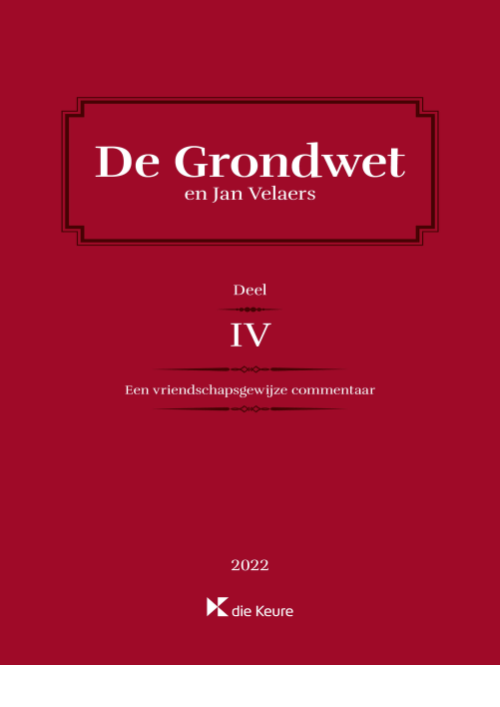
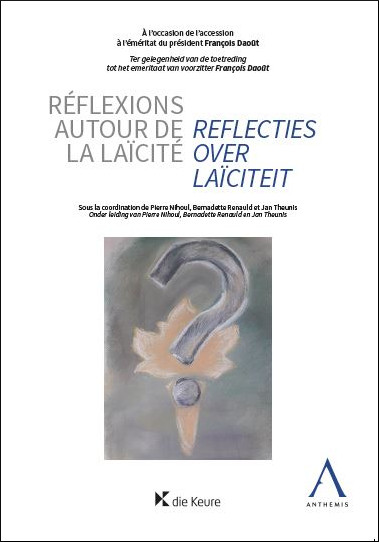

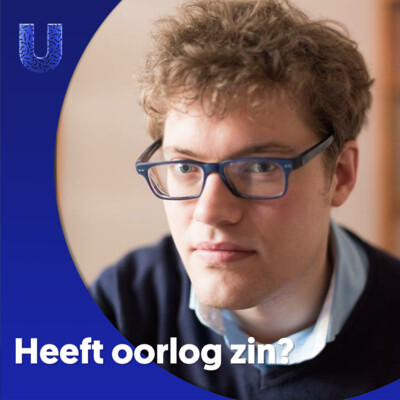








.jpg/713px-Map_of_Amsterdam_-_Amstelodami_Celeberrimi_Hollandiae_Emporii_Delineatio_Nova_(J.Blaeu%2C_1649).jpg)
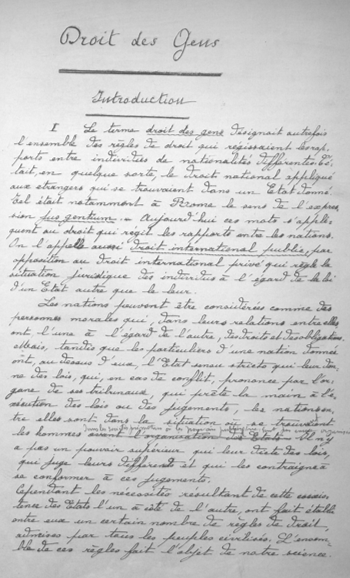
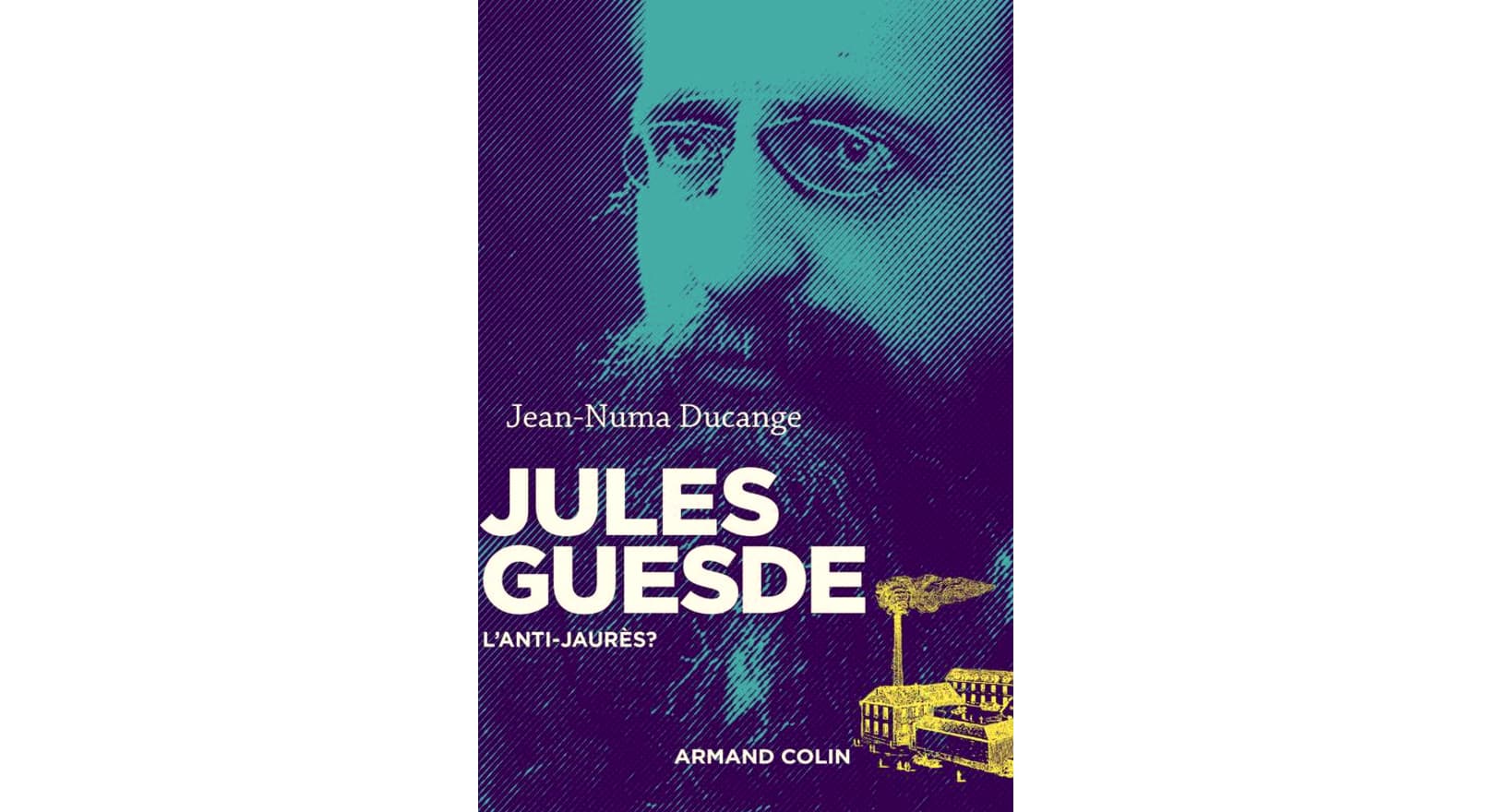


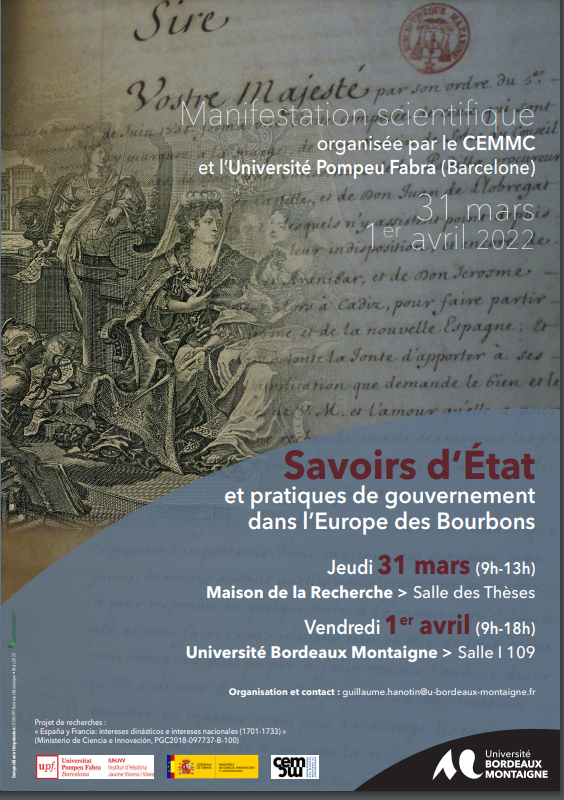
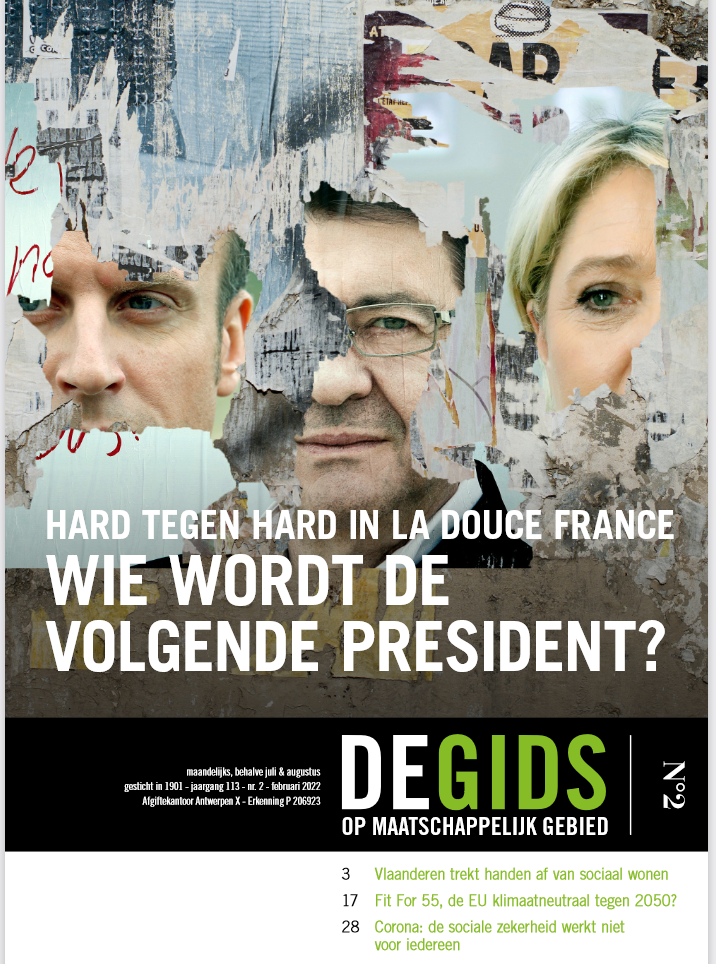
%2C_marquis_de_Torcy.jpg)
